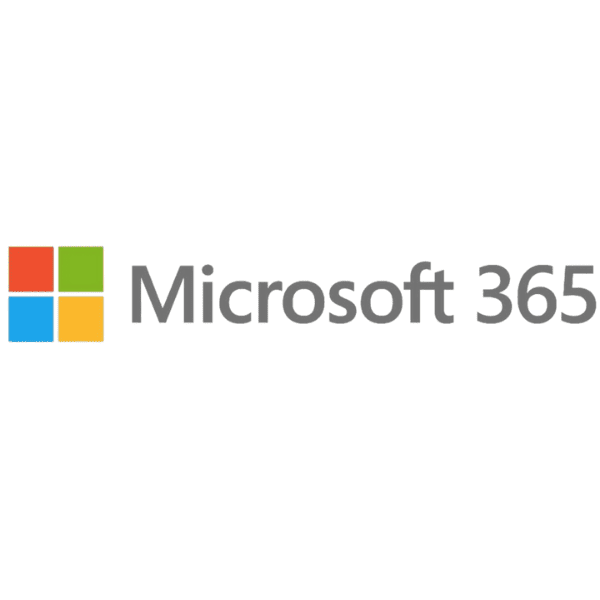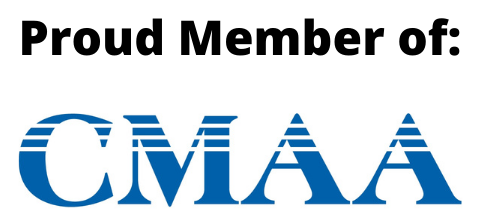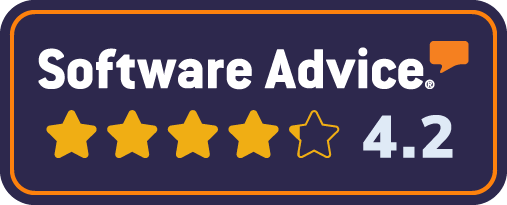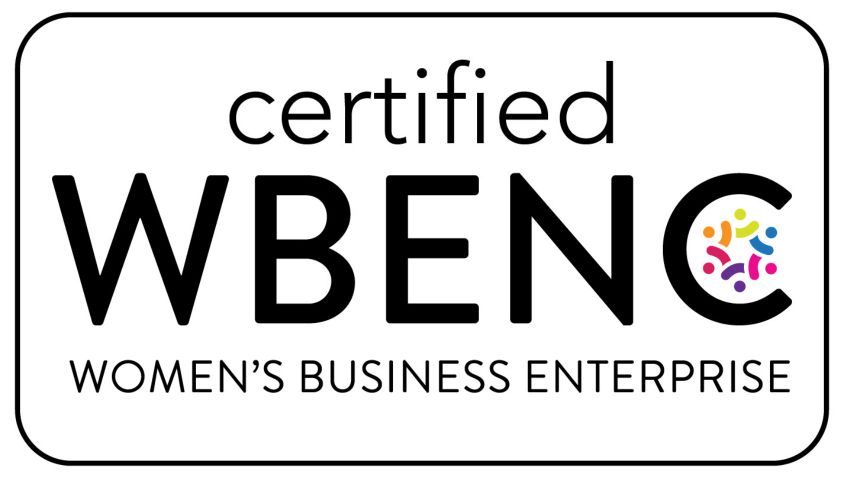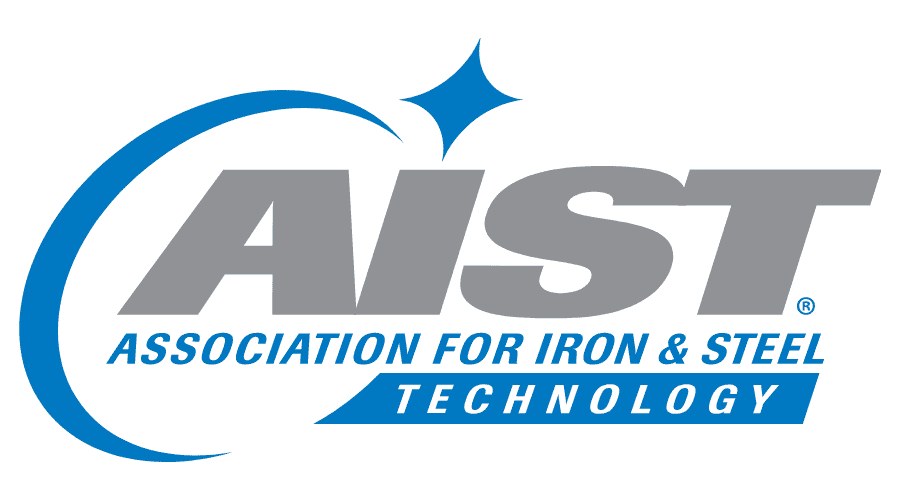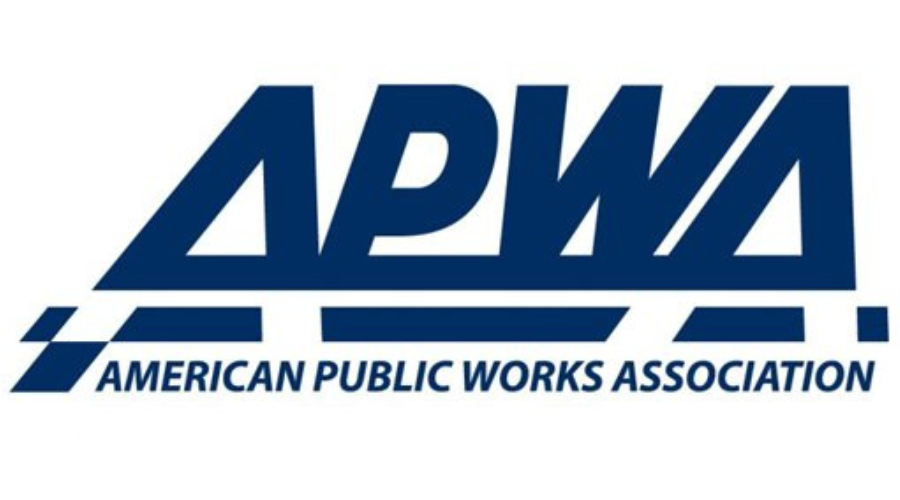Compliance and Construction Project Document Management
Keeping track of construction documentation is a big job. Make it easier by choosing the right construction project management software.
No one likes paperwork, but if you’re involved in construction in nearly any capacity, you’re likely to generate a lot of it.
Whether it’s field-level hazard assessments and tool-box talk attendance registers, site instructions, change-order requests, the dreaded non-conformance report, or something else, most construction sites generate dozens, if not hundreds, of documents every day.
Multiply that by weeks, months, or even years on site, and you can see why construction project document management software is so important. But let’s take a closer look at why, and how it could impact your compliance in many areas.
Table of Contents
1. Health and Safety Compliance
One of the most important types of construction project document is anything related to safety on the job site.
Not only does every region have strict rules about record keeping, but there’s always a chance that you could be required to provide proof in a worker's compensation claim--which could happen months or even years after an incident occurs.
Maintaining accurate health and safety records is critical, and a good construction project document management software will include features for this work specifically.
2. Design and Execution Documentation
During the course of the design and execution of any construction project, your team (and many others) will generate a vast number of documents.
From specifications and various versions of drawing sets, to change orders, permits, inspection reports and more, every single document is important both during your project and after.
These kinds of records not only serve as evidence if there are any disputes during a construction project, but they could be important if there is ever any question of accountability for a design or construction failure. Using construction project document management software can ensure that you’re compliant during the project, and covered legally after the fact.
3. Closeout and Warranty Documentation
Most construction projects don’t end on the day your crew leaves the site, or even when you receive the final payment.
Warranties provided as part of your closeout documentation could leave you legally liable for latent defects for a year or longer after you reach final completion on the project.
Maintaining meticulous records of your closeout documentation and warranties can help to ensure that everyone knows exactly where they stand if such a situation arises.
4. Financial Records
Financial record keeping is another important part of managing construction projects, whether it’s tracking change orders to ensure you’re invoicing everything you’re entitled to or maintaining records of progress billing, construction project document management software can help you create an accurate financial record of everything that happened on your job site.
Choosing the Right Construction Project Document Management Software
Like any other kind of construction software, choosing the right tool to manage project documents makes all the difference.
You’ll want to look for something that allows version control so you can keep records of any changes to documents during the project.
Then, you’ll need something that can accurately catalog documentation according to type, date, and so on--and one that has robust search capabilities, so you can find what you need when you need it.
It’s also critically important to ensure that you have total control over access, security, and data integrity. Once a document is uploaded and filed in your construction document management software, it should not be delete-able except by authorized users, and even then there should be a failsafe process.
Finally, look for software that is cloud based, so you and your team can access it at any time, from anywhere. Collaboration in real time truly is a game changer when it comes to this kind of software.
It can be a huge job to find the right document management software for your construction company, but once you start using it, you will save time, money, and effort. You’ll also find it easier to remain compliant with all areas of your projects and business, and that just makes good sense.


